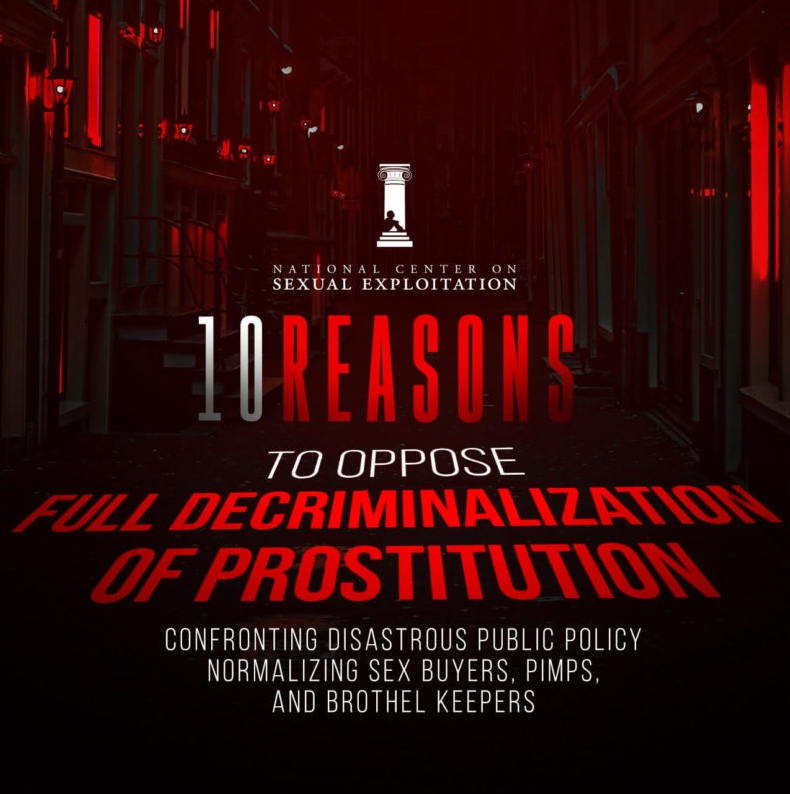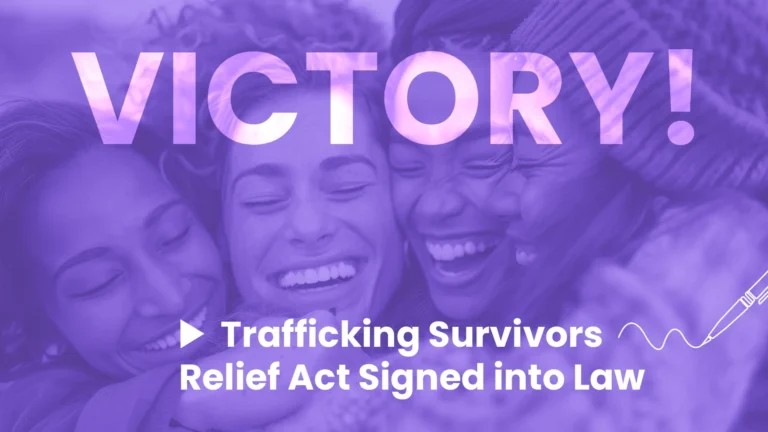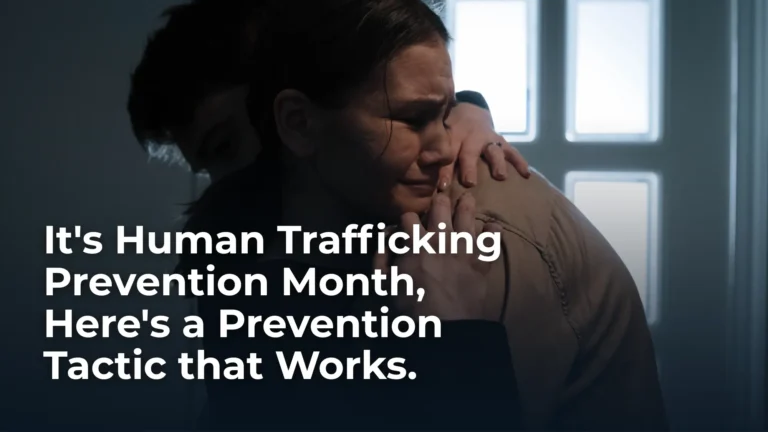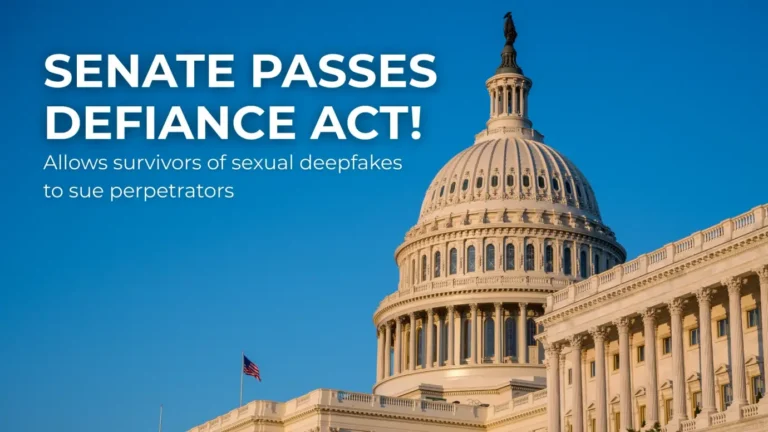The movement to fully decriminalize the commercial sex trade has been gaining momentum in recent years, with efforts to change policies in New York, California, Rhode Island, Vermont, and Oregon.
Advocates of full decriminalization blame prostitution’s harms on the illegal nature of the industry and claim that full decriminalization will fix all these problems. However, this claim fails to recognize harms inherent in the commercial sex industry – physical and psychological harms that cannot be regulated away.
Women, men, and children being exploited in the commercial sex industry should not be arrested and punished for their own exploitation. But advocates of full decriminalization do not want to just decriminalize prostituted persons; they want to decriminalize all actors in the commercial sex trade – including sex buyers, brothel owners, and pimps.

Those advocating for full decriminalization present prostitution as a job like any other, but that’s deceptive. Systems of prostitution thrive on gender inequality, deeply rooted social injustices, as well as force, fraud, and coercion. Here are ten reasons why this is disastrous public policy:
- Systems of prostitution exploit vulnerability. Common adverse experiences that are pathways to prostitution include childhood sexual abuse, homelessness, and poverty. Other factors associated with prostitution involvement include a history of foster care, not having a high school degree, being a racial minority, an immigrant, an indigenous minority, or LGBT person, as well as “entry” into prostitution as a child (i.e., sex trafficking). Systems of prostitution prey on and exploit these vulnerabilities.
- Full decriminalization of prostitution does not make prostitution safe. Prostitution creates trauma that cannot be regulated or decriminalized away. Prostitution is inherently harmful and results in a wide range of devastating physical harms and/or psychological trauma to those sold in it—even when it’s legal or fully decriminalized, occurs indoors or outdoors, online or off.
- Fully decriminalizing the sex trade creates on ramps to more sexual exploitation. Removing laws targeting sex buyers, who are overwhelmingly men, normalizes male demand for paid sex. Thus, men who were deterred from buying sex by possible criminal penalties are no longer inhibited. As more men buy sex, more people are pulled into and exploited in prostitution. This approach benefits men who want to buy sexual access to people’s bodies, affirms male sexual entitlement, and perpetuates gender-based violence.
- Decriminalizing exploitation diminishes law enforcement’s ability to detect and investigate sex trafficking. The fully decriminalized sex trade operates with little to no oversight, concealing indicators of fraud, force, and coercion and reducing opportunities for investigation stemming from police operations focused on enforcing prostitution laws. When indoor prostitution was decriminalized in Rhode Island from 1980-2009, police investigations were impeded, creating a “zone of impunity” for sex traffickers.
- Normalized prostitution increases sex trafficking. Normalization of prostitution expands demand for paid sex, which emboldens sex traffickers who see this as a conducive “business” opportunity. Cross-national studies have found higher levels of human trafficking in countries with legalized or decriminalized prostitution. Research has also found 100% of convicted sex traffickers support full decriminalization of prostitution.
- Prostitution is not a substitute for social security safety nets. Some people argue that prostitution is necessary because it provides income for poor and marginalized populations. This view turns prostitution into a faux social security system that requires the sexual exploitation of poor and minority individuals—especially women since the vast majority of people in prostitution are women. This is regressive, misogynist, and dystopian. Governments should never reduce economically insecure people to a state of sexual servitude because they are poor.
- Street-level prostitution is likely to surge. Street-level prostitution is already escalating in Brooklyn, New York because the District Attorney “wiped” more than 1,000 open cases of prostitution. Without also instituting rigorous enforcement of laws regarding pimping and sex buying this has resulted de facto full decriminalization.
- Nonenforcement of prostitution laws harms disadvantaged communities. Neighborhoods littered with condoms and drug paraphernalia, neighborhood residents—women and children—being solicited for prostitution by roving sex buyers, and adverse impacts to businesses are typical. Poor and minority communities typically bear the brunt of such impacts.
- Sex buyers can be deterred. Evidence points to the effectiveness of demand reduction tactics to combat prostitution. Studies have found that arresting and educating men for soliciting prostitution produced 40-75% reductions in prostitution. Demand reduction efforts work: most are cost neutral and some generate revenue that can be used to support survivor programs. While many men have purchased sex, most have not. Buying sex is not inevitable. To learn more about how sex buyers can be stopped, read this article.
- Full decriminalization of prostitution is not just. The lived experiences of people in the sex trade around the world reveal the abuses, harms, and chronic traumatization intrinsic to prostitution. Not only is this impossible to ignore, but it demands a just response including decriminalization of those sold in systems of prostitution, holding accountable those who facilitate or purchase persons for sex, and providing supportive services for those seeking exit from prostitution.
It’s imperative to push back against the grave misunderstanding that full decriminalization makes prostitution safe and non-exploitative. Share these 10 reasons on social media to help our society understand why full decriminalization of prostitution is not the answer.



